Voices of the Grain Trade
Our volunteer interview teams in Thunder Bay and Winnipeg did their best to collect voices reflecting all major facets of Canada's international grain trade. As a result, you will find interviews with farmers, researchers, plant breeders, company owners, and railway employees blended in with the stories of grain handlers, inspectors, lake shippers, regulators, builders, marketers, and many more. Our voices are spread from Quebec City to Victoria, with the highest concentrations being from Thunder Bay and Winnipeg.
Through Library and Archives Canada's Documentary Heritage Communities Program, Friends of Grain Elevators has now been able to transcribe and upload all Voices interviews to this website and to Lakehead University's archives. If you have any questions or comments about the collection, please contact us with your thoughts!
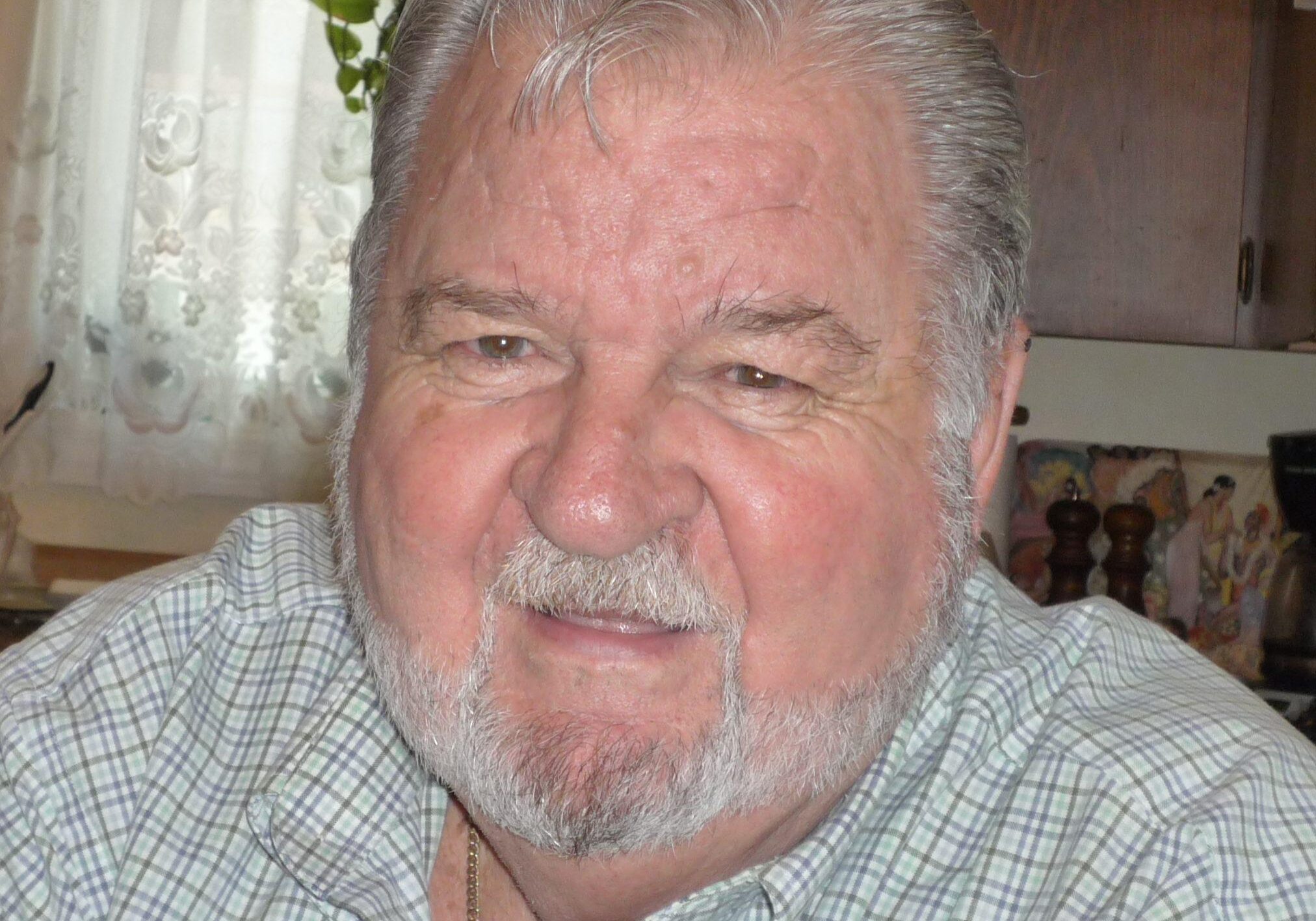
Fred Van Alstyne
Elevator Labourer: Manitoba Pool Elevators, Canadian Wheat Board
Fred Van Alstyne was born in 1932 in Winnipeg. He started out at Manitoba Pool cleaning the floors, but one month later he moved to the top doing roof repairs. Eventually Fred joined the Canadian Wheat Board. Fred talks about the CWB, selling elevators, and an advancing industry. He discusses the way that the CWB changed and its inevitable demise; in his words, something that would have needed to happen sooner or later. Mr. Vanalstyne's explanation of the trade is interesting, as he was part of it for a very long time. He also speaks to the 1967 Canadian Expo!
Snippet
Full Interview
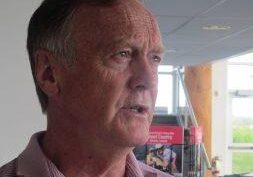
Dennis Wallace
Executive Director: Canadian Grain Commission
Dennis Wallace worked as the executive director for the Canadian Grain Commission from 1992 to 1995. He also worked in the Canada-US Joint Commission on Grains for one year. Dennis talks about the grain export market in Canada in depth, which products did well, what Canada excelled at, and the inside story of competition between Canada, America, and Europe. He discusses what happened politically that led to the reduction of Thunder Bay and Quebec workers in the industry. This is only a small list of the topics covered in this interview. Mr. Wallace’s knowledge and experience are extremely broad, and it shows here.
Snippet
Full Interview

Richard Wansbutter
Head of Commercial and Government Relations: Saskatchewan Wheat Pool
Richard Wansbutter started working in the Government of Manitoba, and his first connection to the grain industry was as the provincial representative on numerous studies and royal commissions on grain rail transportation issues. Richard recalls the findings of these studies, namely the Hall Commission and the Snavely Commission, and how the industry changed to implement some of the recommendations. Richard then worked directly in transportation with the Grain Transportation Agency (then Authority) and briefly with the CNR before joining the Saskatchewan Wheat Pool as vice president of marketing and then head of commercial and government relations. Richard worked through the Pool's years of turbulence and the eventual demise of the cooperative structure. He comments on other major changes in the grain industry, but also the resilience of Canadian farmers through these changes.
Snippet
Full Interview

Stewart Wells
Grain Farmer, President: National Farmers Union
Stewart Wells farmed in Saskatchewan all his life, following in the footsteps of his father and grandfather. Stewart briefly became a delegate for the Saskatchewan Wheat Pool - an organization his father and grandfather were involved with since its inception - during the time of the Pool's privatization, and he became unhappy with the cooperative's growing ostracization of its farmer members. Stewart eventually became president of the National Farmers Union, and he shares his pride in working for an organization that continued to be a grassroots voice for Canadian farmers. Due to his personal experience and family connections, Stewart is able to share the history of many farmer organizations back to their earliest developments on the Prairies. He offers insight into how the industry's major changes have affected the average farmer, and he predicts how the industry will continue to change - both for the better and for the worst.
Snippet
Full Interview
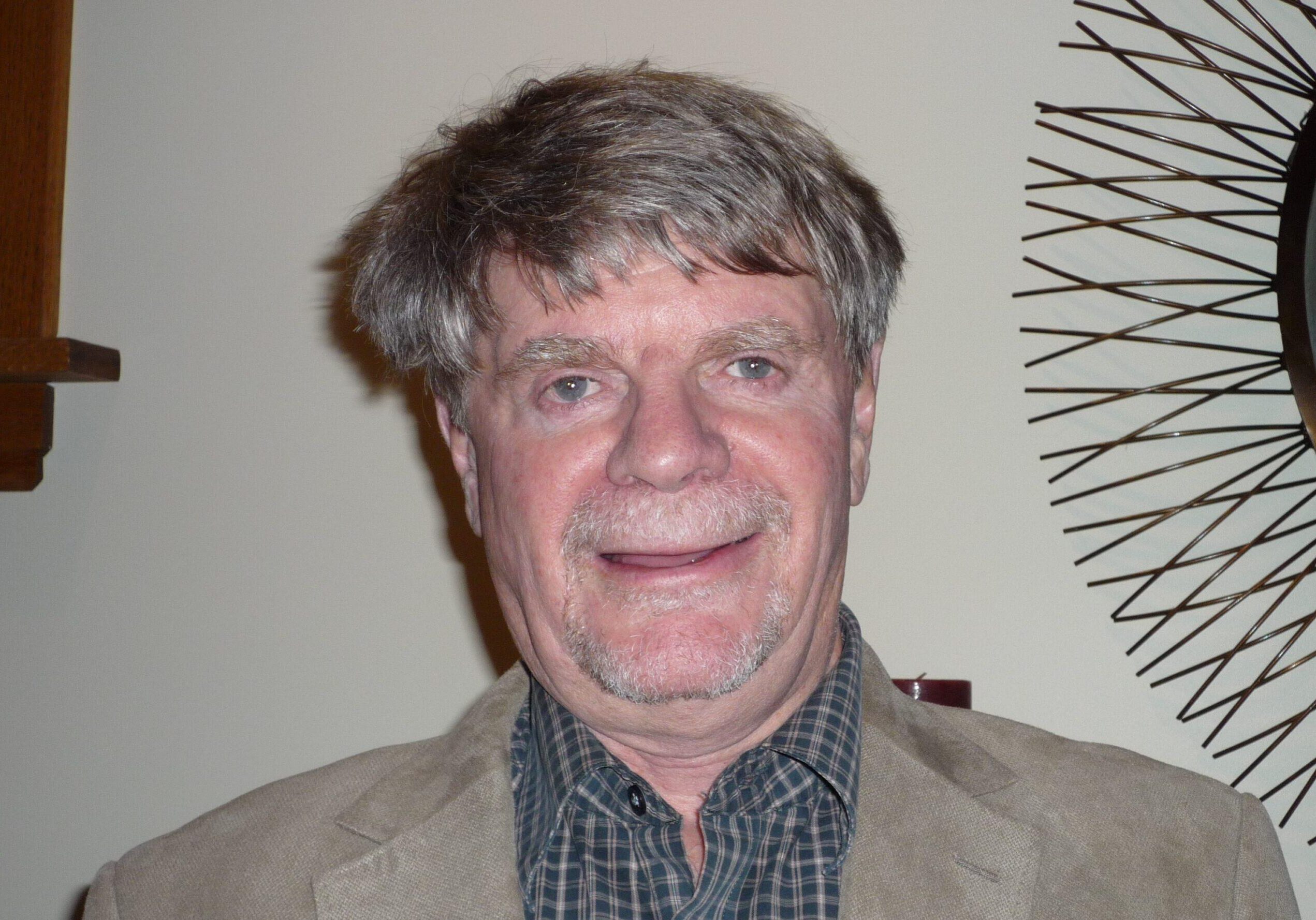
Paul Westdal
Director of Marketing: Canadian International Grains Institute
In his two-part interview, Paul Westdal discusses his long and varied career in the Canadian and international grain industry. In the first audio, Paul recounts his work in grain marketing for the Canadian Wheat Board's Western Europe division. Canada's relationship with the United Kingdom was always close, but the scale of trade was soon threatened by the European Union's new agricultural policies that promoted self-sufficiency. After a brief time working in and closing the CWB's London office, Paul became the director of marketing for CIGI and saw the institution through many changes in the industry.
In the second interview, Paul discusses a canola protein-extraction business he started on the side during his career with the CWB and CIGI, which grew to a company with shareholders like ADM. Paul celebrates the growth of the agricultural science sector, and predicts a vibrant agri-science industry for future generations of Canadians. Paul also shares stories of his time in Senegal with the CWB and World Ford Programme, and shares his thoughts on the demise of the CWB and the Prairie Pools.
Snippet
Full Interview
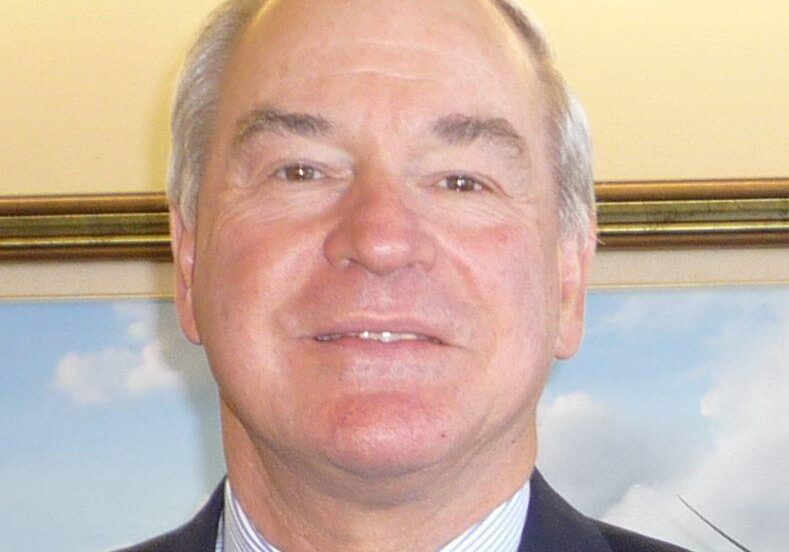
Ian White
Accountant, Executive Vice-President, CEO: Allstate Grain, Canadian Wheat Board
Ian White was born in Australia and started out his career in the grain industry there as an accountant, eventually becoming the executive vice-president of Allstate Grain. When Allstate sold to Saskatchewan Wheat Pool, Mr. White inherited the role of CEO. Making a major move, Ian came to Canada as head of the Canadian Wheat Board. He shares his unique perspective of working in both the Australian and Canadian grain industries, discussing their similarities and differences. He also weighs in with comments on the beer industry and other topics such as the Canadian Wheat Board, Canada's shift from wheat to canola production, and more.
Snippet
Full Interview
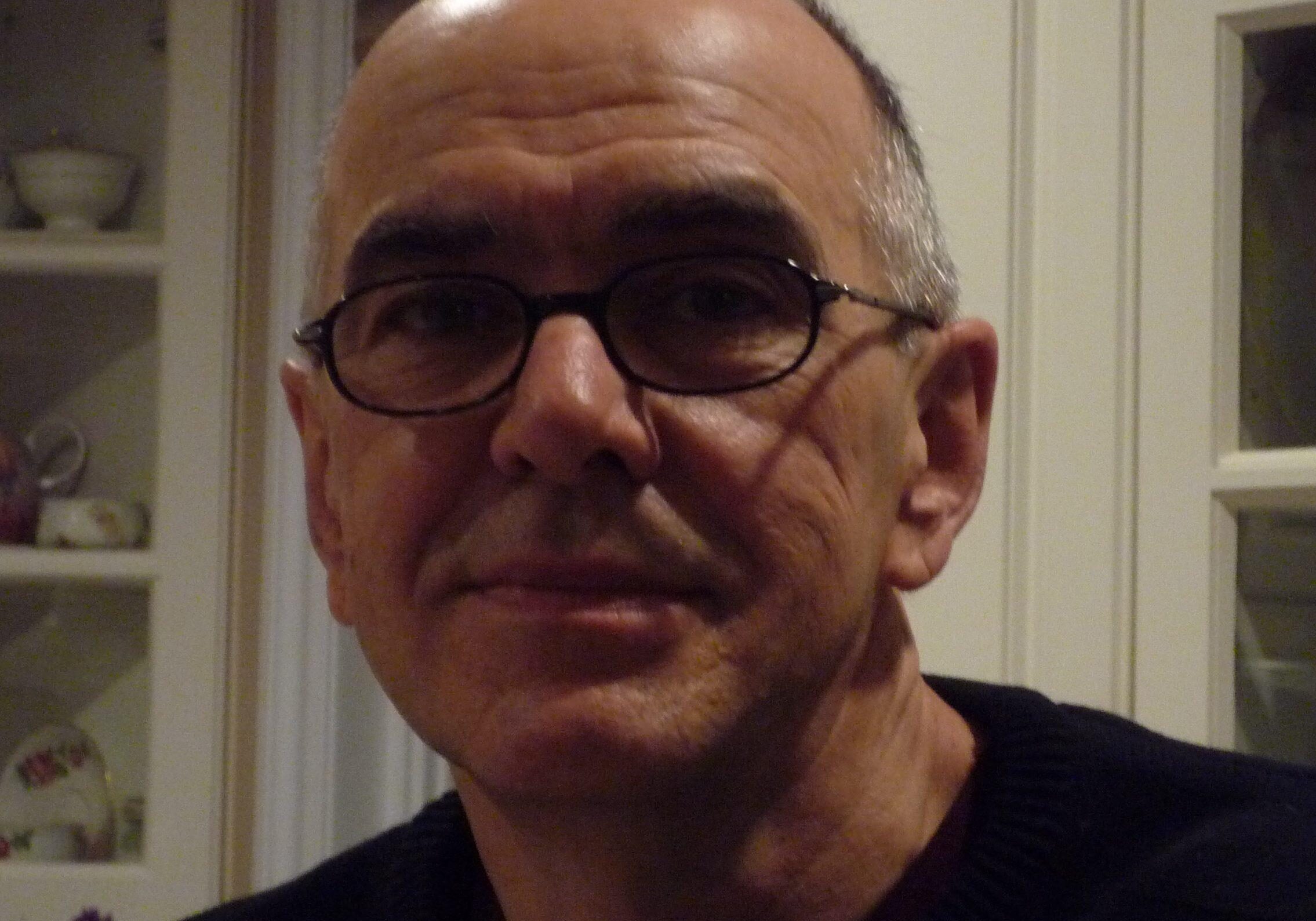
Brian Wick
Pellet Plant Operator, Car Dumper: Saskatchewan Wheat Pool, Superior
Brian Wick started working for Saskatchewan Wheat Pool in 1975 and worked there for several years before switching to Superior. As a pellet plant operator, Brian speaks of the day to day tasks, the working conditions, and the dangers of both the pellet plant and elevators in general, such as dust, jack ladders, and explosions. He talks about the social consequences of the elevators laying off workers and the industry declining.
Snippet
Full Interview
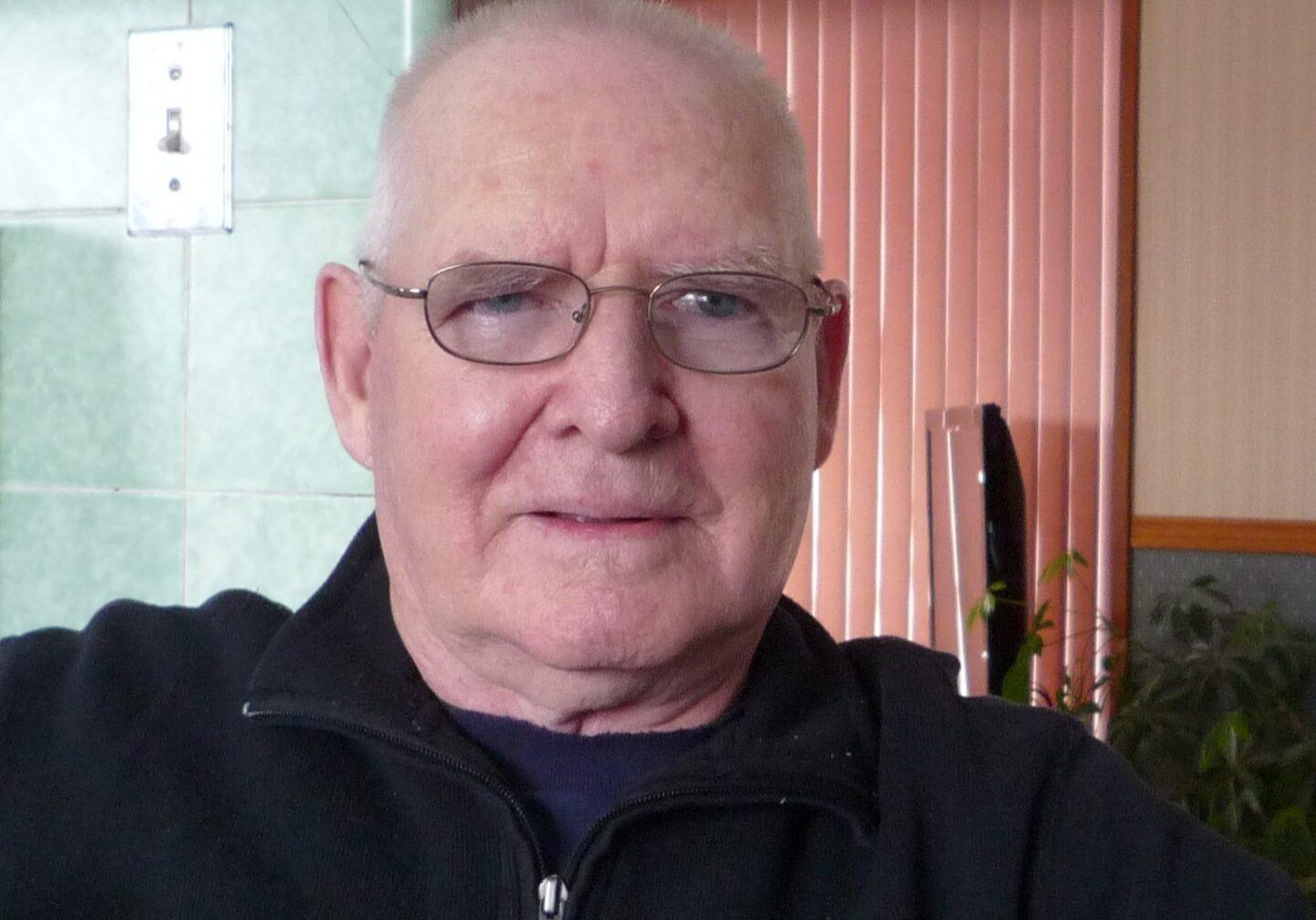
Ron Williamson
Grain Inspector: United Grain Growers
Ron Williamson has worked for United Grain Growers for 40 years as a grain inspector. He speaks to his early days in the elevators. As a child, he would come down to the elevators to sweep out the cars and collect a bucket of grain to feed the family chickens. Ron was one of the few people who can speak to the elevator explosions, as well as an elevator collapsing into the river. He discusses some interesting aspects of the elevators that are rarely mentioned in our interviews, such as the large Gaelic-speaking community of workers, or a certain worker whose eyes were so good that he could see bugs in the grain that no one else could. Ron is a good story teller and manages to explain his experience with quite a bit of humour, while also giving a detailed description of life in the grain trade.
Snippet
Full Interview

John Winslow
Yard Foreman, Conductor, Engineer: Canadian National Railway
John outlines his lifetime career with CN, which involved moving grain through the Thunder Bay yards and into the elevators. Overtime was plentiful, especially when the grain was flowing in 1984. One day 5,000 grain cars were emptied in a 24-hour period. He discusses changes in equipment, staffing, and learning the ropes (“It was like a ballet”). It could be dangerous work; people were killed.
He discusses mishaps including grain cars in the lake and recovery operations. He listened closely to the old-timers telling stories of early times on the railway and recounts them here, along with thoughts about labour relations, workers compensation, computerization, and cutbacks in maintenance.
Snippet
Full Interview
Contact us for this access to this interview.

Gary Woodbeck
Paymaster, Traffic Control, Director of Traffic and Marine Operations: Paterson
Gary Woodbeck has worked in several different positions, moving up the ladder at Paterson's grain elevator. He started out as a paymaster but quickly moved into traffic control, finally reaching the position of director of traffic and marine operations, which he held from 1990 to 2002. He spent countless hours aboard ships, and speaks to life at sea as well as the complex social structure of the crew. Gary explains what being a paymaster is like and what ship-traffic control involved - both quite complex jobs. He talks about his favourite captains and the ones he respects the most, such as Lindy Burns. He also explains extensive measures taken to save money; in an industry as large as shipping, having a small inefficiency could waste fuel, amounting to thousands of dollars every day. Overall, Mr. Woodbeck gives a concise yet detailed explanation of the industry and his part in it.
Snippet
Full Interview
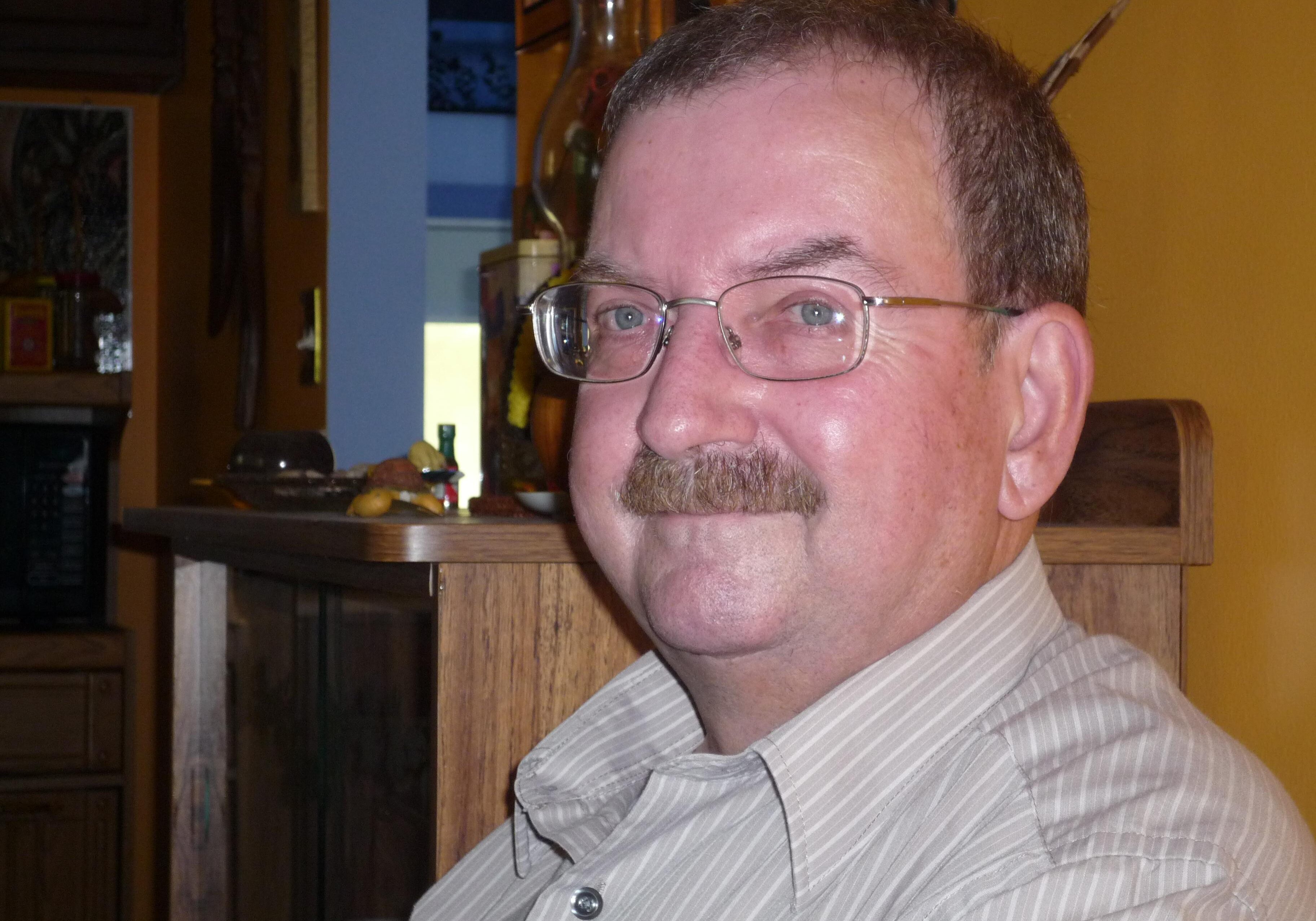
Brian Wright
Grain Sampler, Operations Supervisor: Canadian Grain Commission
Brian Wright started out as a grain sampler, retiring as acting inspection supervisor with the Canadian Grain Commission 33 years later. Brian recalls his early days on the job with its physical demands and dangerous work on ships’ decks and in car sheds. He outlines changes in safety and sampling and inspection work through the years. Of special note is Brian’s supernatural encounter with a mysterious elevator timekeeper who cautioned him from beyond the grave to “Just do your job right, and you will be fine.” By the end of this interview, you will have taken an interesting tour of elevators across the Thunder Bay waterfront and understand the work of CGC grain samplers and inspectors.
Snippet
Full Interview
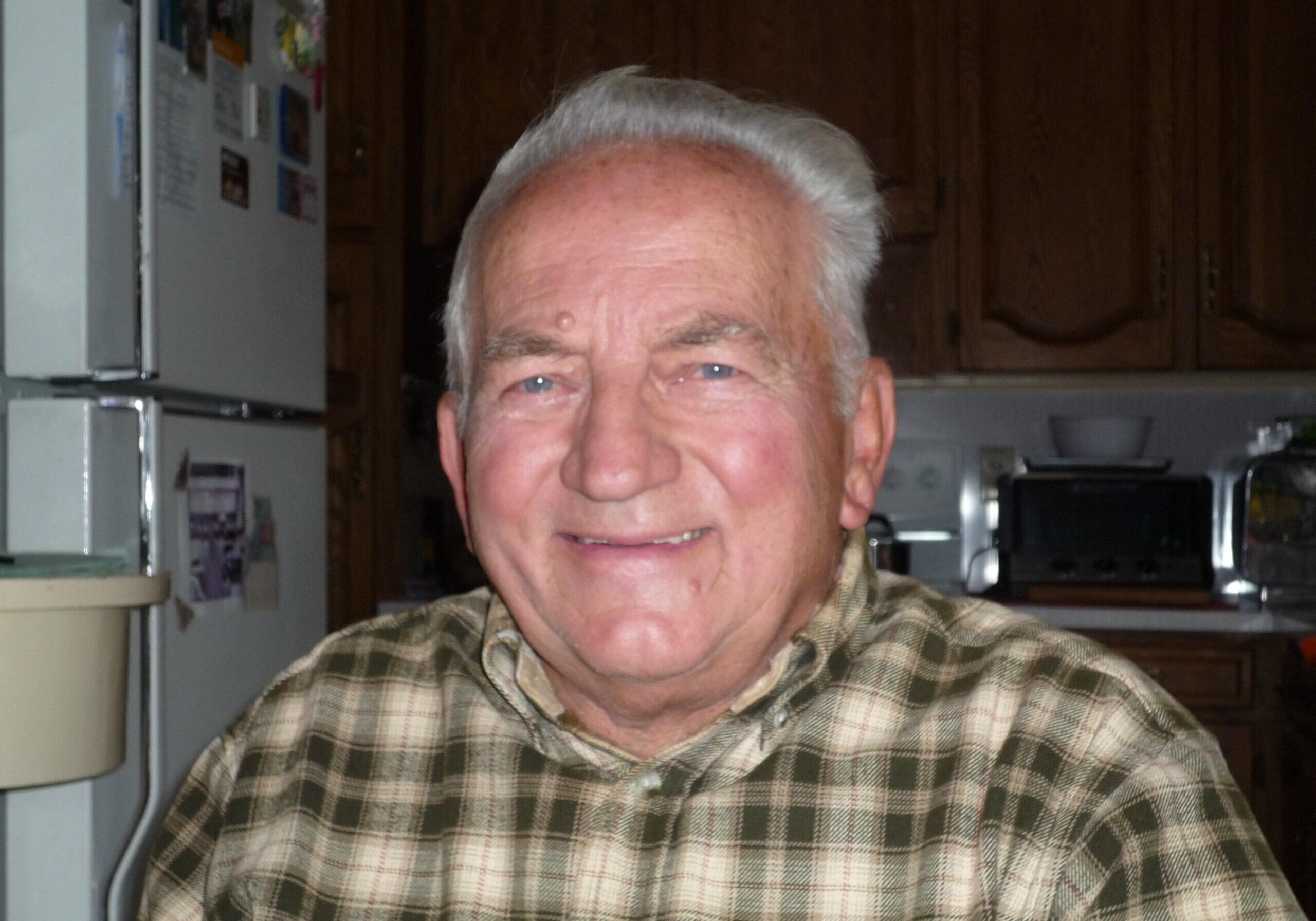
Walter Zarowski
Industrial Chemist: Ogilvie Flour Mills, K.A. Powell Industrial Oils, Canadian Grain Commission
Walter Zarowski worked as an industrial chemist in Thunder Bay's grain industry for 49 and a half years. Walter's narration starts with his childhood in Westfort, where he grew up next to the CPR tracks bustling with grain trains. He got his first job right out of high school in the quality assurance lab for Ogilvie Flour Mills' starch and gluten plant - a job he almost didn't get due to discrimination against his Eastern European heritage. Walter soon moved on to work at K. A. Powell's Edible Oils plant on Mission Island where mustard seed oil and canola oil was made. Walter describes these two operations in detail, and explains the uses for each end product. Eventually, K.A. Powell closed the operation, and Walter moved to the CGC's local lab, where he worked for the rest of his career.
Snippet
Full Interview

Bill Zimmer
Rail, Rate, Freight-Charge, and Claims Clerk: Canadian Pacific Railway
Bill Zimmer worked for the CPR for 42 years and was involved in the grain industry specifically for the last 6 years of his career. He explains what he did on a daily basis, working as a rail clerk, rate clerk, a claims clerk, and a freight charge clerk. Bill started work in Winnipeg but moved to Thunder Bay 1997. He speaks to the workplace culture, major accidents, and different elevators (and which ones were more efficient than others). Bill also discusses the changing markets - the grain industry moving from the East coast to the West coast.